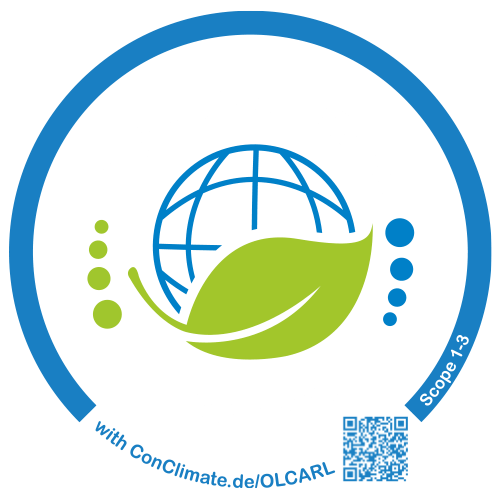Zusammenarbeit von EnviroSustain und Rewilding Europe: der erste Besuch in der Oderdelta-Landschaft
Im Februar 2023 kündigte EnviroSustain eine langfristige Partnerschaft mit Rewilding Europe an. Im Rahmen dieser Zusammenarbeit wird ein Teil des EnviroSustain-Umsatzes in den nächsten zehn Jahren in die Unterstützung von Rewilding-Initiativen fließen sowie in die kostenlose Beratung zu Rewilding-bezogenen Gebäuden im Netzwerk - wie neue Büros und Rewilding-Zentren. Im Juni trafen sich Dr. Birgit Memminger-Rieve, Geschäftsführerin von EnviroSustain, und Ingemar Hunold, Partner von EnviroSustain, mit dem Team von Rewilding Oder Delta, um Unterstützung und Beratung für das neu gegründete Zentrum anzubieten.
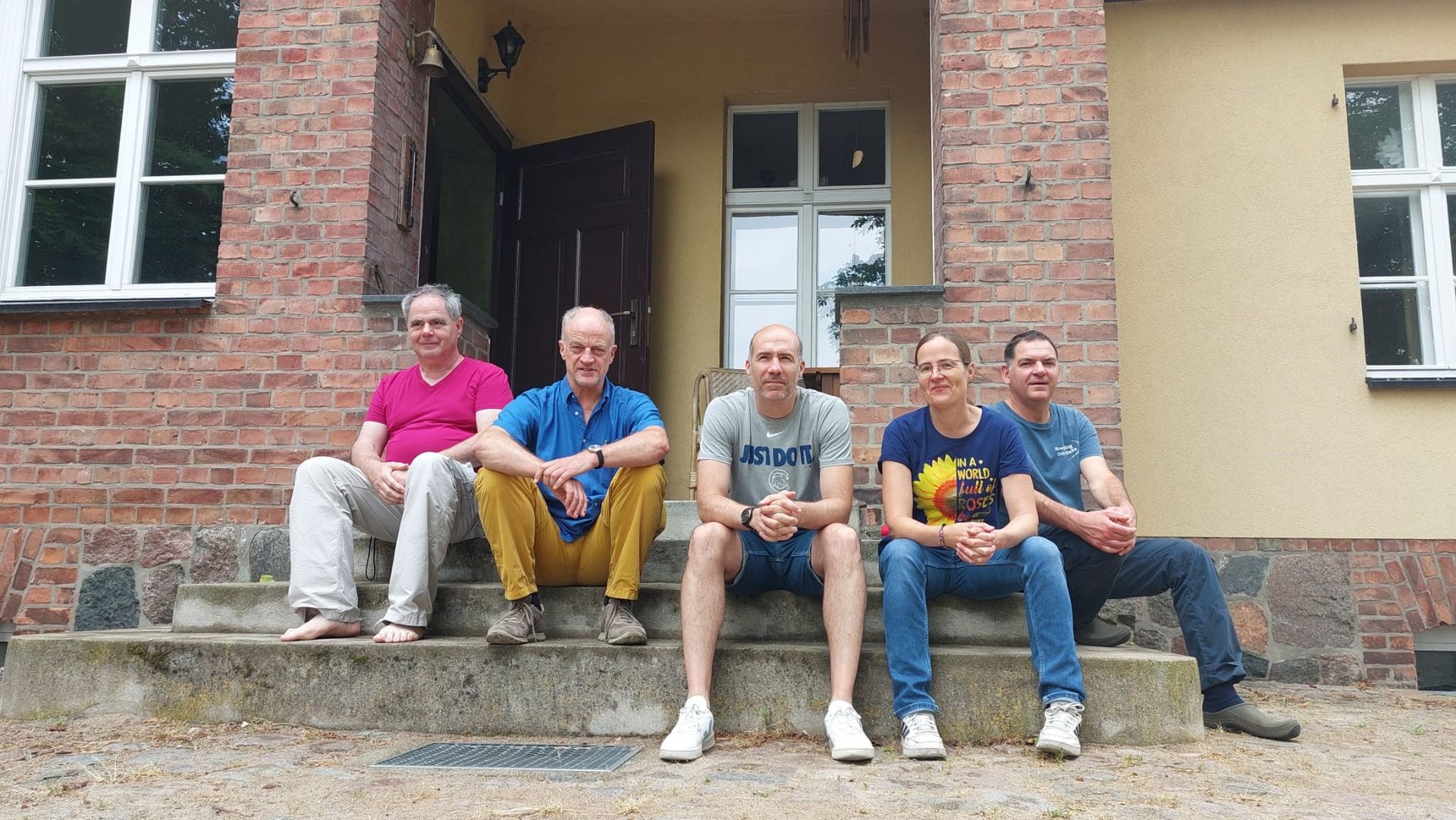
Kennenlernen des Teams
"Im März trafen Ingemar und ich uns mit dem Team von Rewilding Europe und erkundeten die wunderschöne Stadt Nijmegen in den Niederlanden, die an der Waal nahe der deutschen Grenze liegt. Dies war das erste persönliche Treffen mit dem Rewilding Europe-Team. Ende Juni war es nun an der Zeit, den deutschen Teil des Teams in der grenzüberschreitenden Oderdelta-Landschaft zu treffen, die dem Hauptsitz von EnviroSustain in Berlin am nächsten liegt.
Wir trafen uns mit dem Team, darunter Ulrich Stöcker (Geschäftsführer & Teamleiter Deutschland), Peter Torkler (Geschäftsführer & Teamleiter Polen), Frank Götz-Schlingmann (Netzwerkkoordinator), Suleika Suntken (Unternehmensmanagerin) und Nancy Wolf (Beauftragte für Süßwasserökosysteme)."
Dr. Birgit Memminger-Rieve
Ein Zentrum der Tierwelt, nur zwei Stunden von Berlin entfernt
Die Landschaft des Oderdeltas wurde im Jahre 2015 in das Rewilding Europe-Netzwerk aufgenommen. Das Gebiet, das sich zwischen der polnischen und der deutschen Grenze erstreckt, ist eine einzigartige Region mit einem reichhaltigen Mosaik aus Land-, Meeres- und Süßwasserökosystemen. Seine strategische Lage an einer der ökologischen Kreuzungen in Europa macht es zu einem der spannendsten Wildnisgebiete in Nordmitteleuropa.
Die Region erstreckt sich über mehr als 450.000 Hektar, von denen fast 70.000 Hektar auf die offenen Gewässer des Haffs entfallen, und ist ein wichtiger Zwischenstopp für ziehende Wasservögel, die den Ostatlantikflugweg nutzen. Die Wiedervernässung ehemals trockengelegter Weideflächen in Deutschland und die Einstellung des Torfabbaus in Polen haben zu einem dramatischen Comeback der Tierwelt geführt, am spektakulärsten für Seeadler, die jetzt die höchste Brutdichte in Europa aufweisen, sowie für Kranich, Fischotter, Biber, Lachs, Meerforelle und viele andere Arten.
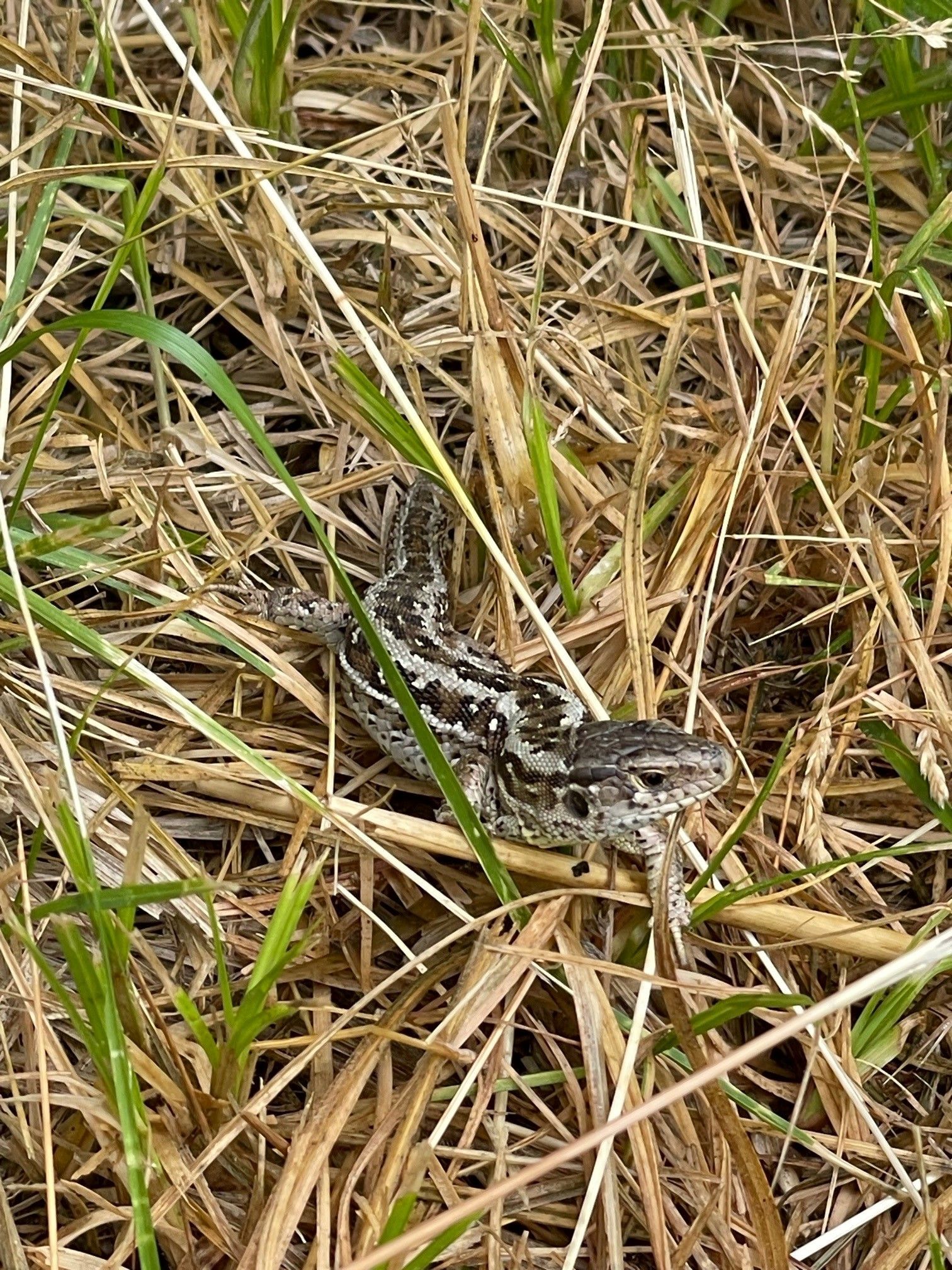
Unterstützung widerstandsfähiger Ökosysteme
Das multidisziplinäre Team, das sich aus polnischen und deutschen Fachleuten zusammensetzt, arbeitet an einem breiten Spektrum von Maßnahmen, die von der Wiederherstellung von Süßwasserökosystemen über die Wiederbelebung der Meere bis hin zur Unterstützung der Rückkehr der Wildtiere und der naturbasierten Wirtschaft reichen.
Alle Maßnahmen tragen zu einer mosaikartigen Landschaft bei, die eine Vielzahl von Wildtierarten beherbergt. Dieses einzigartige Mosaik von Lebensräumen verfügt über große Kohlenstoffspeicherkapazitäten und kann zusammen mit den natürlich vorkommenden Populationen frei lebender Pflanzenfresser und Spitzenprädatoren dazu beitragen, das Ausmaß und die Auswirkungen des Klimawandels erheblich zu verringern.
Um die kühne Vision der Renaturierung zu verwirklichen, ist ein starkes Netz von Partnern, die zusammenarbeiten, der Schlüssel. Eine naturnahe Wirtschaft, an der eine Vielzahl von lokalen Erzeugern, Gastronomen, Reiseführern und Naturtourismusanbietern beteiligt ist, zieht immer mehr Besucher an, was die Landbesitzer ermutigt, die Wiederansiedlung von Wildtieren zu unterstützen, und es mehr Einwohnern ermöglicht, ihren Lebensunterhalt mit der wilden Natur zu verdienen.
Mit der Eröffnung des neuen Rewilding-Zentrums hofft das Team, eine starke Verbindung zu Partnern, Interessengruppen und Gemeinden zu schaffen. Geplant ist eine Umgestaltung der Einrichtung nach den neuesten Nachhaltigkeitsstandards, die als kohärente Grundlage für die Maßnahmen der Organisation im Bereich der Wiederherstellung von Ökosystemen dienen soll.
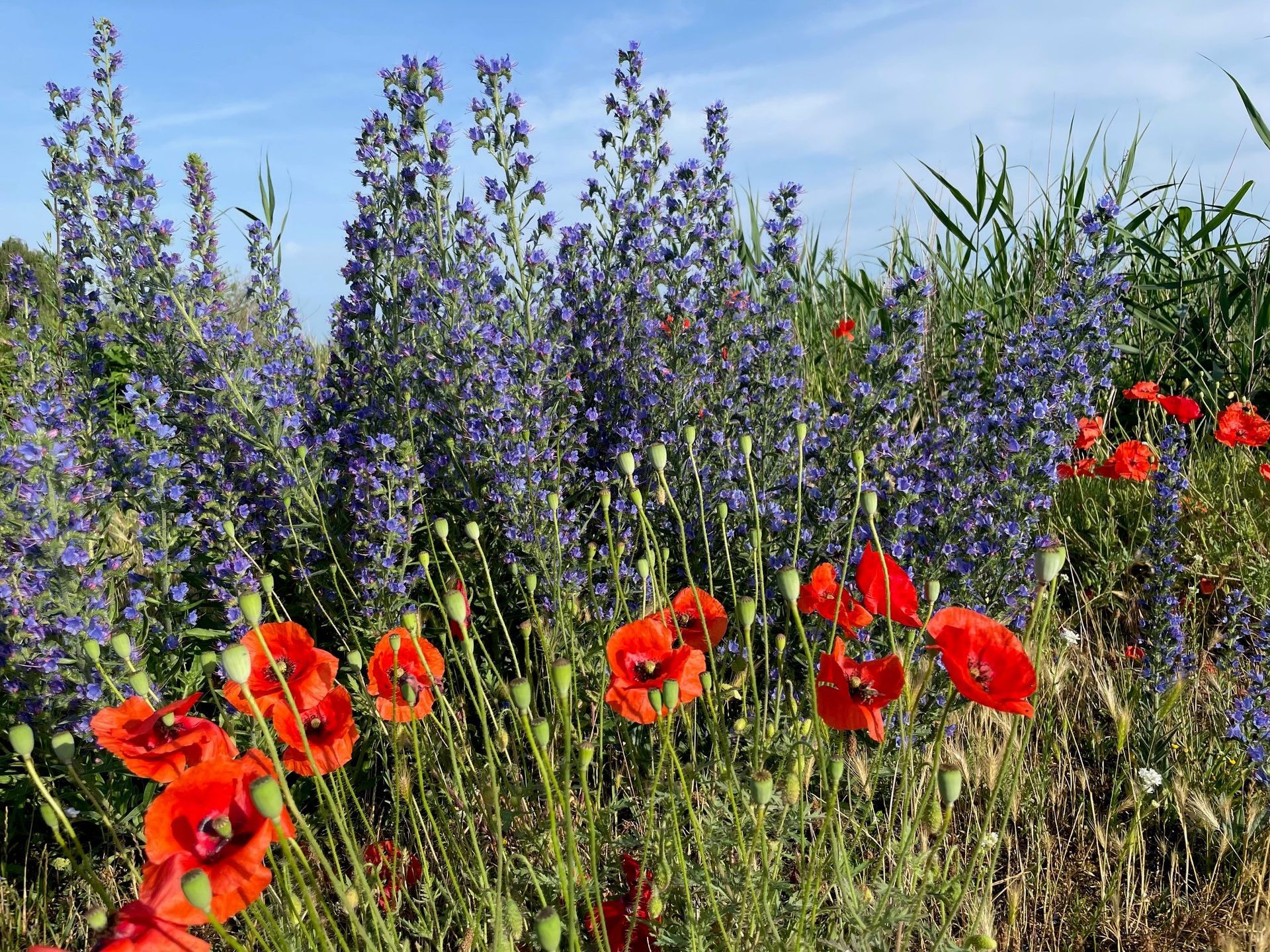
Ein nachhaltiger Arbeitsbereich und ein wichtiger Treffpunkt
Der neu eröffnete Hauptsitz von Rewilding Oder Delta befindet sich in Glashütte, in der Nähe von Rothenklempenow, im Bundesland Mecklenburg-Vorpommern nordöstlich von Berlin. Das zweigeschossige Gebäude aus den 1920er Jahren wird als Drehscheibe für Rewilding fungieren, mit Büros, Unterkünften, einem Begegnungsraum und Garten, Platz für Freiluftveranstaltungen und Workshops sowie Informationen und Bildmaterial für Besucher. Das umliegende Grundstück umfasst eine beeindruckende Landschaft mit Wiesen, Hecken, Bäumen und einem großen Garten mit Gemüse und Obst.
Der Besuch bot beiden Teams die Gelegenheit, sich gegenseitig kennenzulernen und bei einem Abendessen im Haffhus in Ueckermünde, einem Hotel mit Schwerpunkt auf Digitalisierung, Energieeffizienz und Nachhaltigkeit, über die Partnerschaft zu sprechen. Auf dem Weg nach Rothenklempenow stellte Rewilding Oder Delta die nahegelegenen Partner vor: Planet-V, Hersteller von biologischen, veganen Gerichten, und Weltacker, ein Umweltbildungsprojekt.
Der Besuch gipfelte in einer Brainstorming-Sitzung vor Ort in der Hauptverwaltung. Die Teams diskutierten die ersten Ideen für die Modernisierung der Gebäude aus den 1920er Jahren, einschließlich verschiedener Raumfunktionen (Büros, Zusammenarbeit, Bildung, Ausstellung), eines neuen Energiekonzepts und der Aufwertung der Außenbereiche.
Neben der Bereitstellung von technischem Know-how bekundete EnviroSustain sein Interesse an der Durchführung praktischer Aktivitäten zum Thema "Rewilding". Beide Teams werden die Gelegenheit haben, sich während der gemeinsamen Sanierungsaktion am Fluss Ina in Polen, einem der Schwerpunktgebiete von ROD.
Ein großes Dankeschön an das Team von Rewilding Oder Delta, das uns beherbergt und uns diese unglaubliche Landschaft gezeigt hat. Wir freuen uns auf unsere Zusammenarbeit und auf ein Wiedersehen im September." Ingemar Hunold
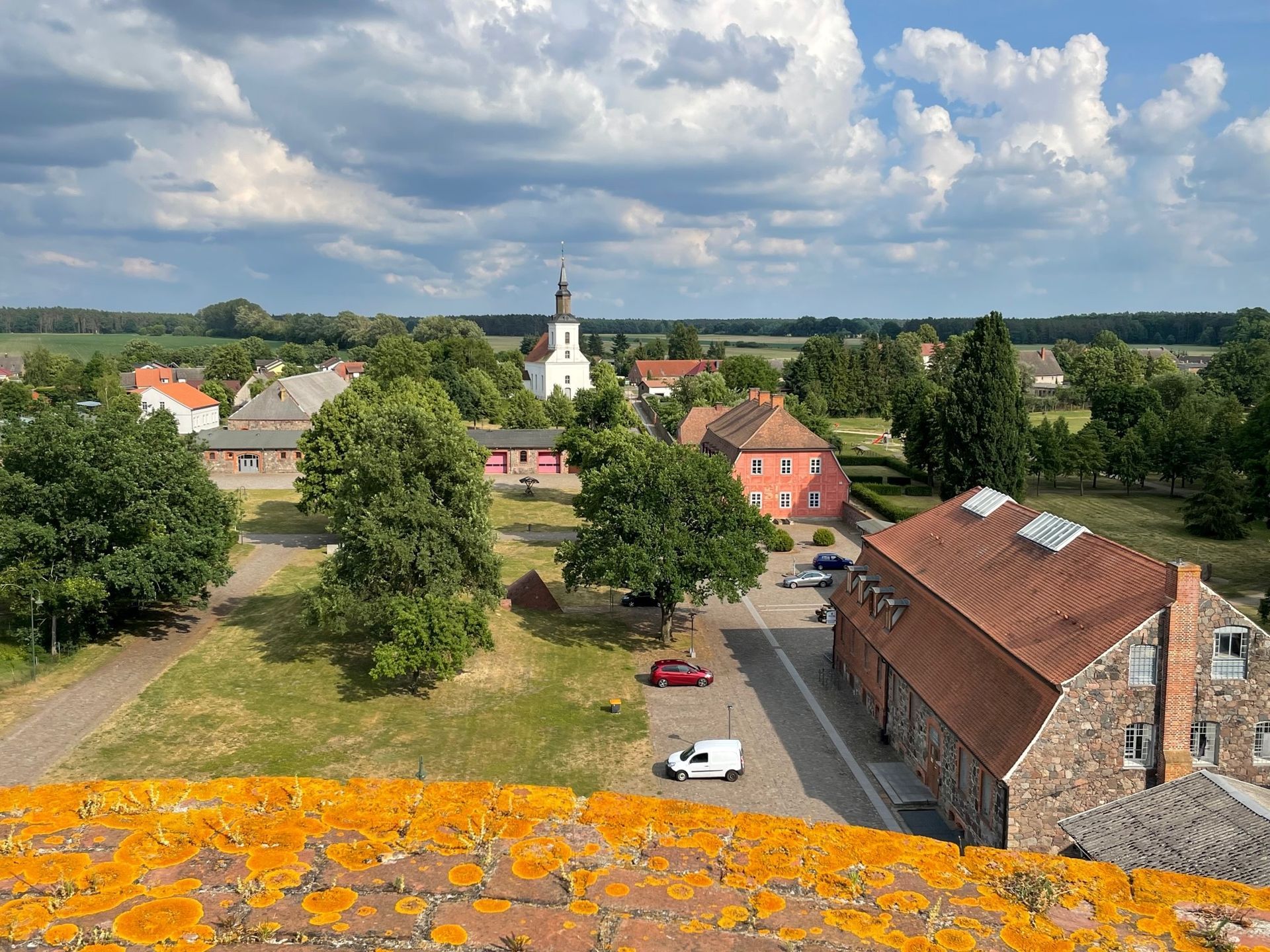
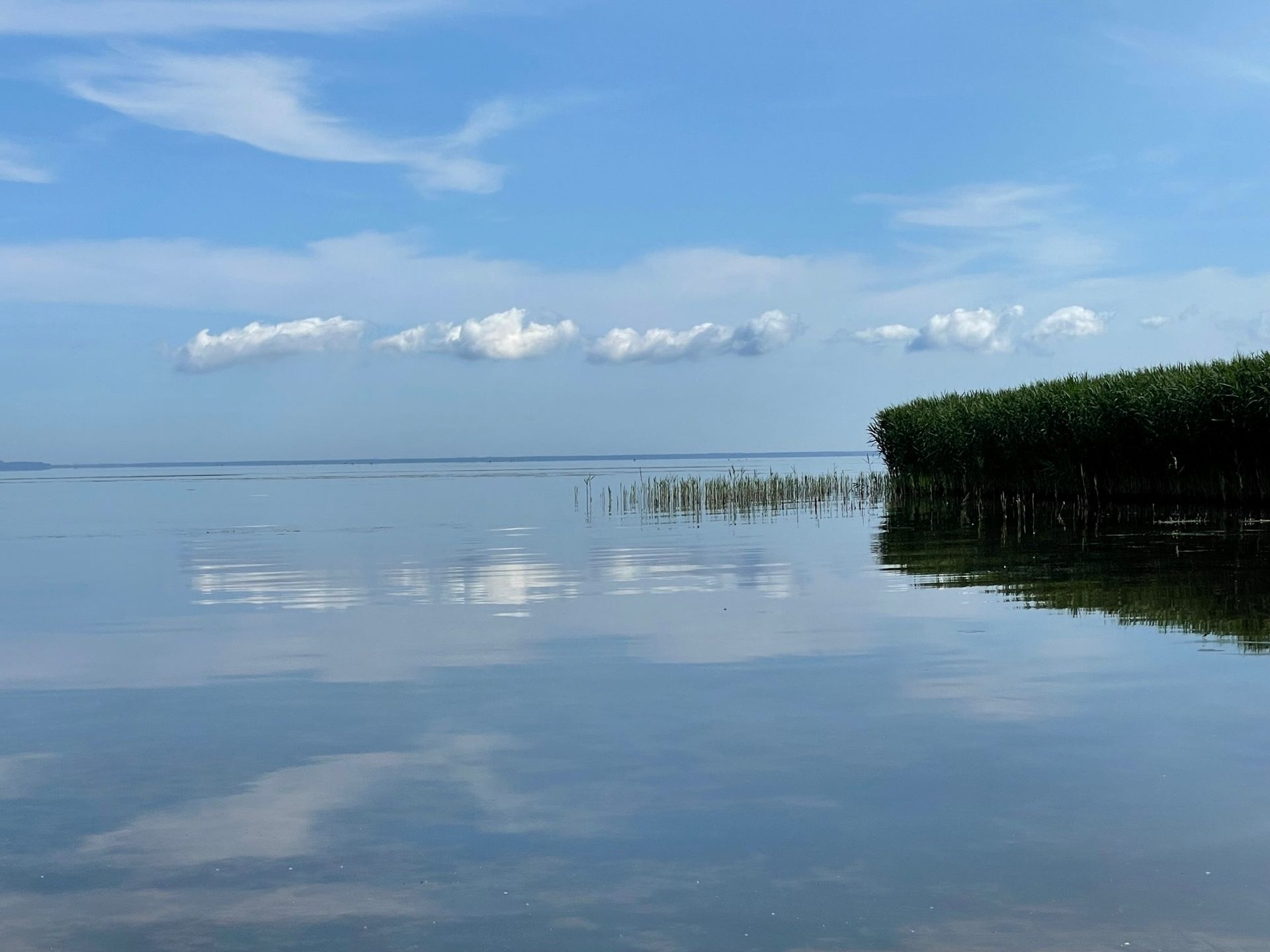
Lesen Sie weiter:
- Mehr über die Partnerschaft zwischen Rewilding Europe und EnviroSustain (RE)
- Einweihung des Rewilding-Zentrums im Oderdelta

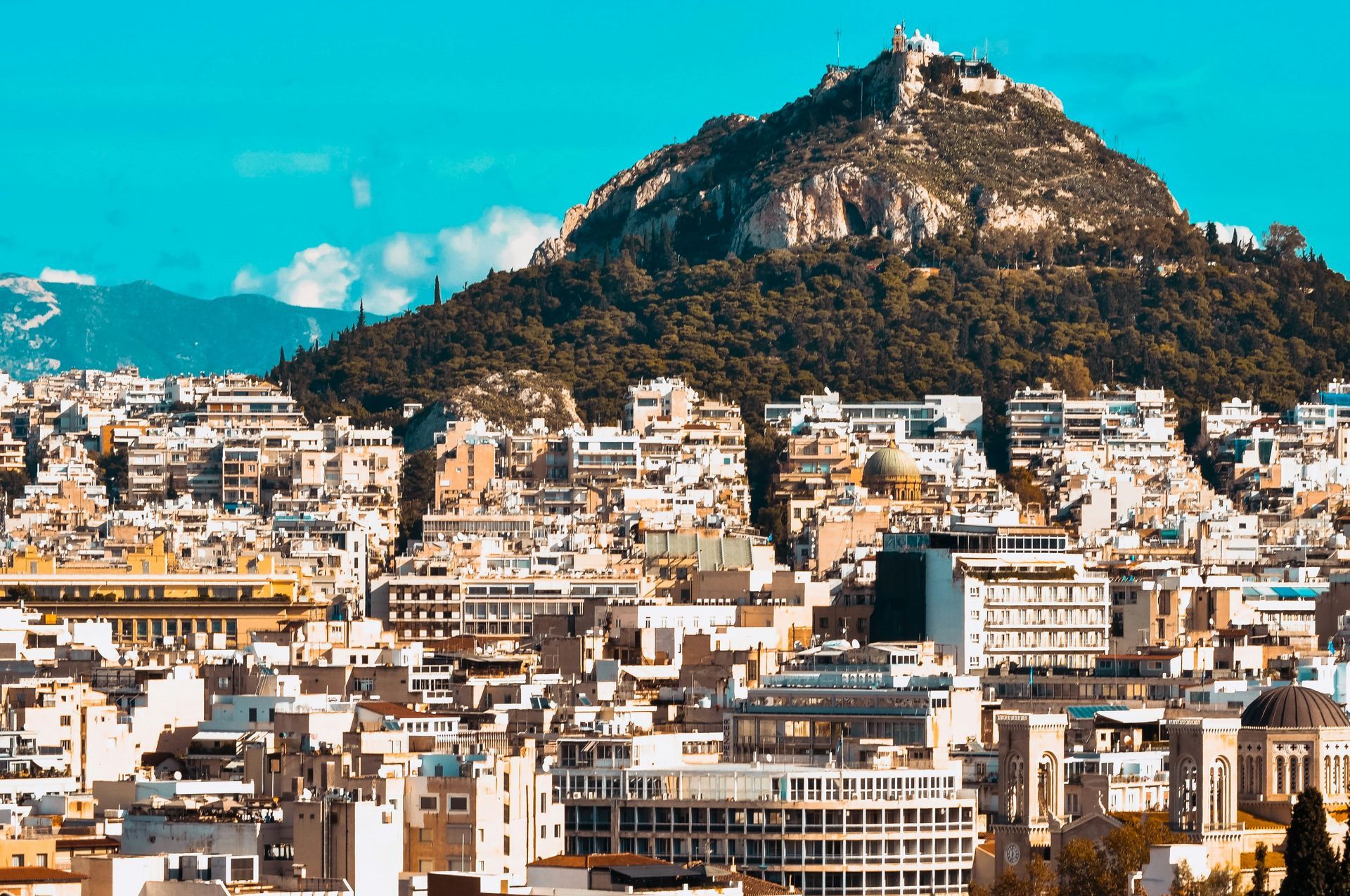
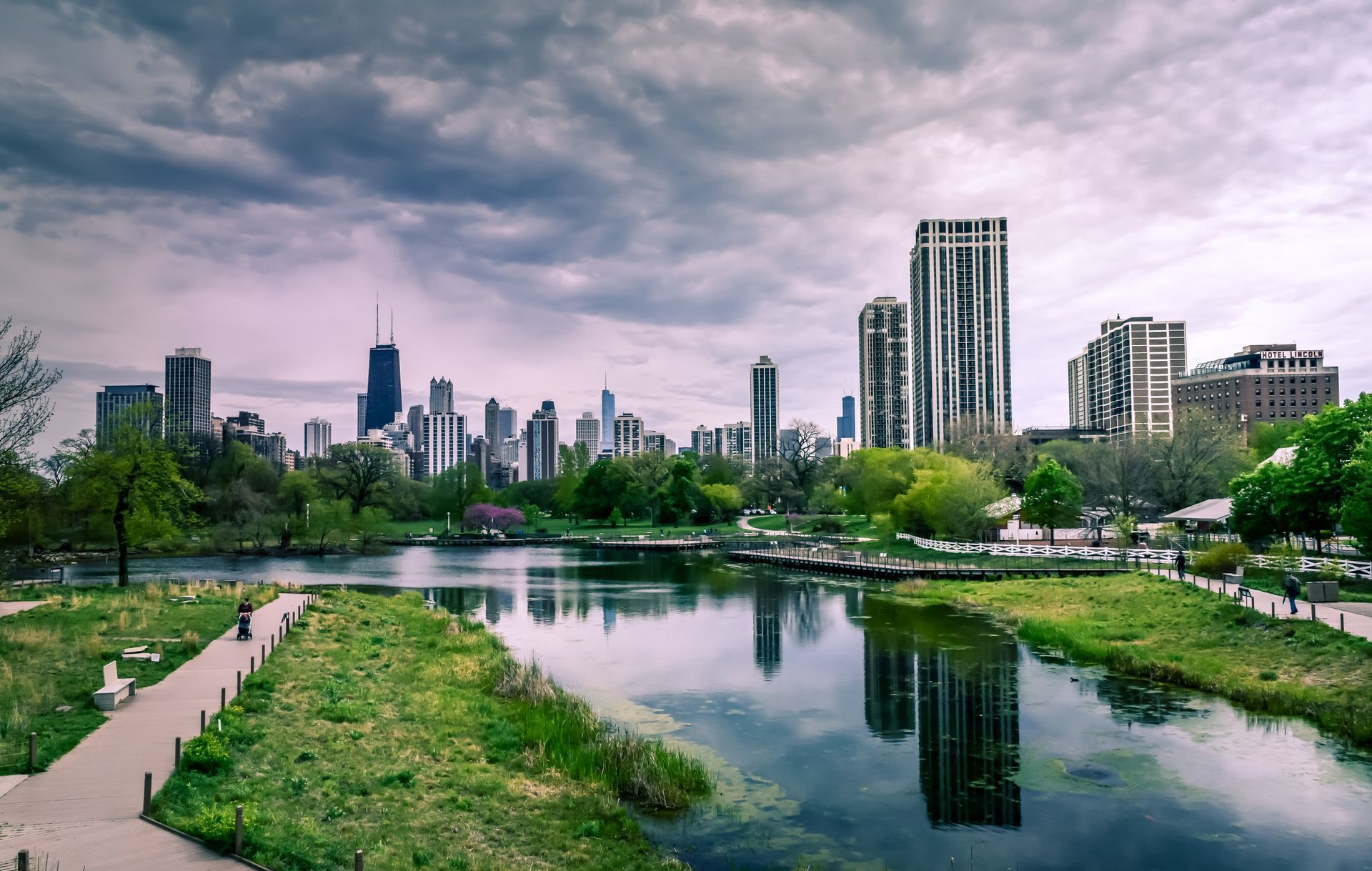
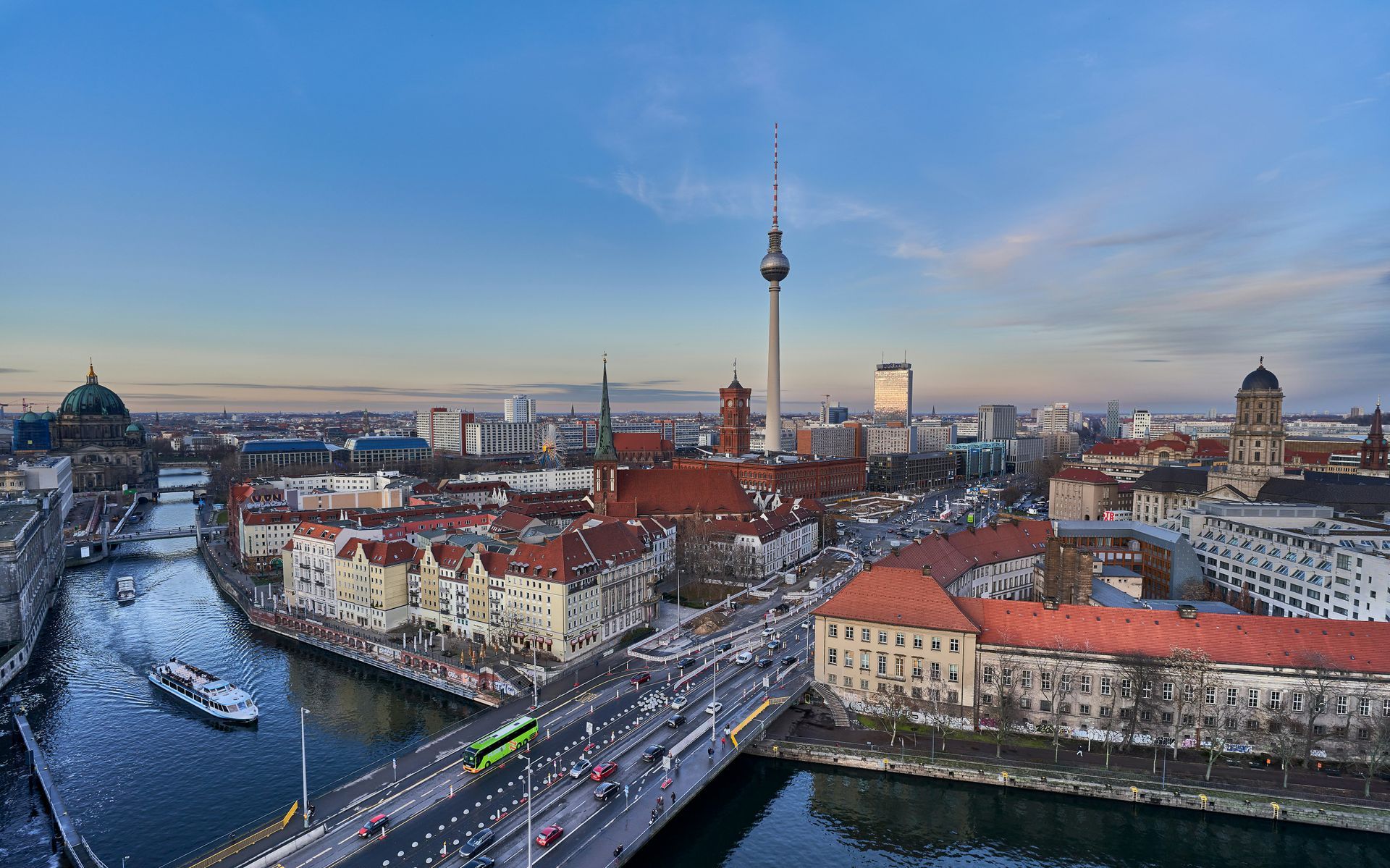
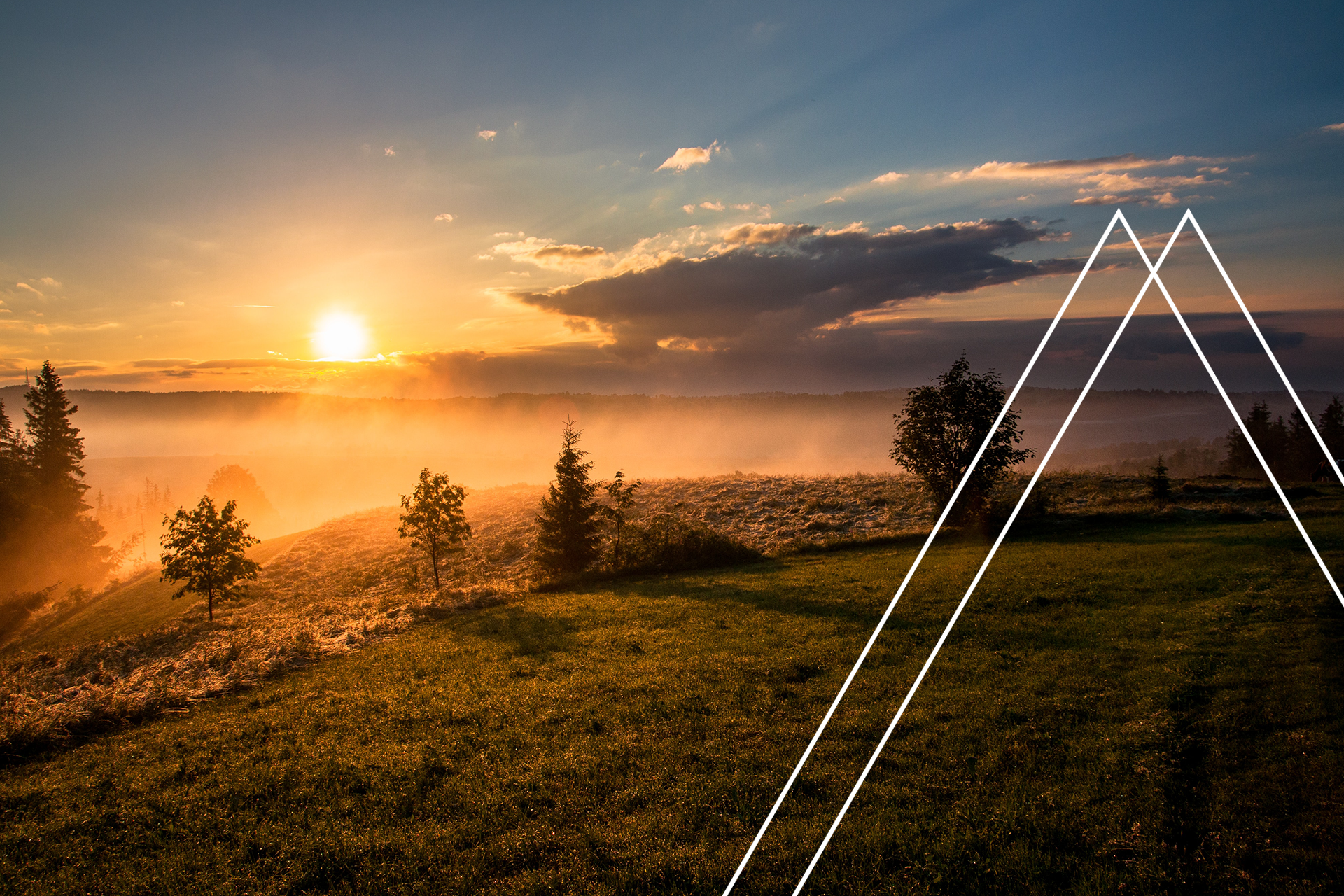
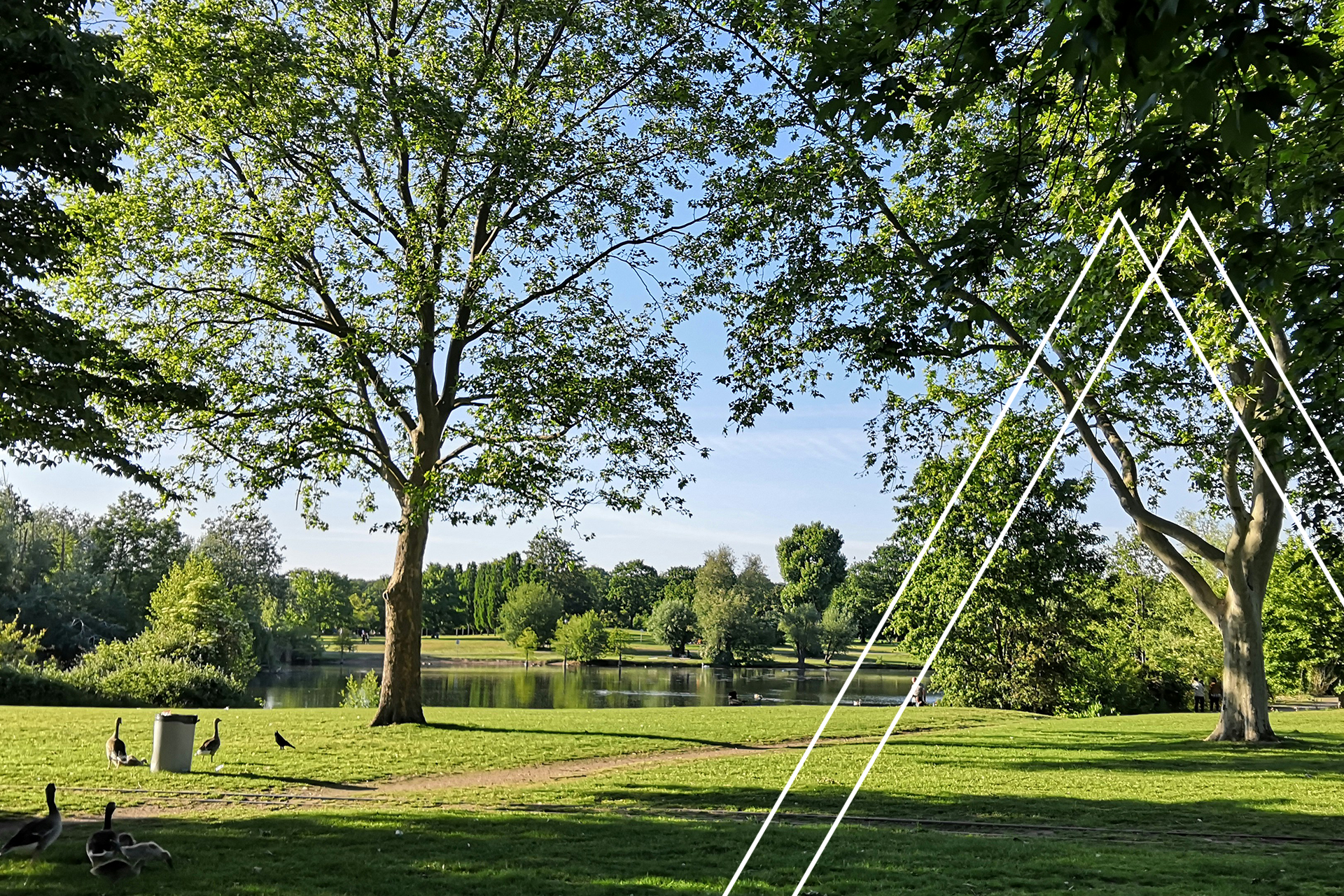
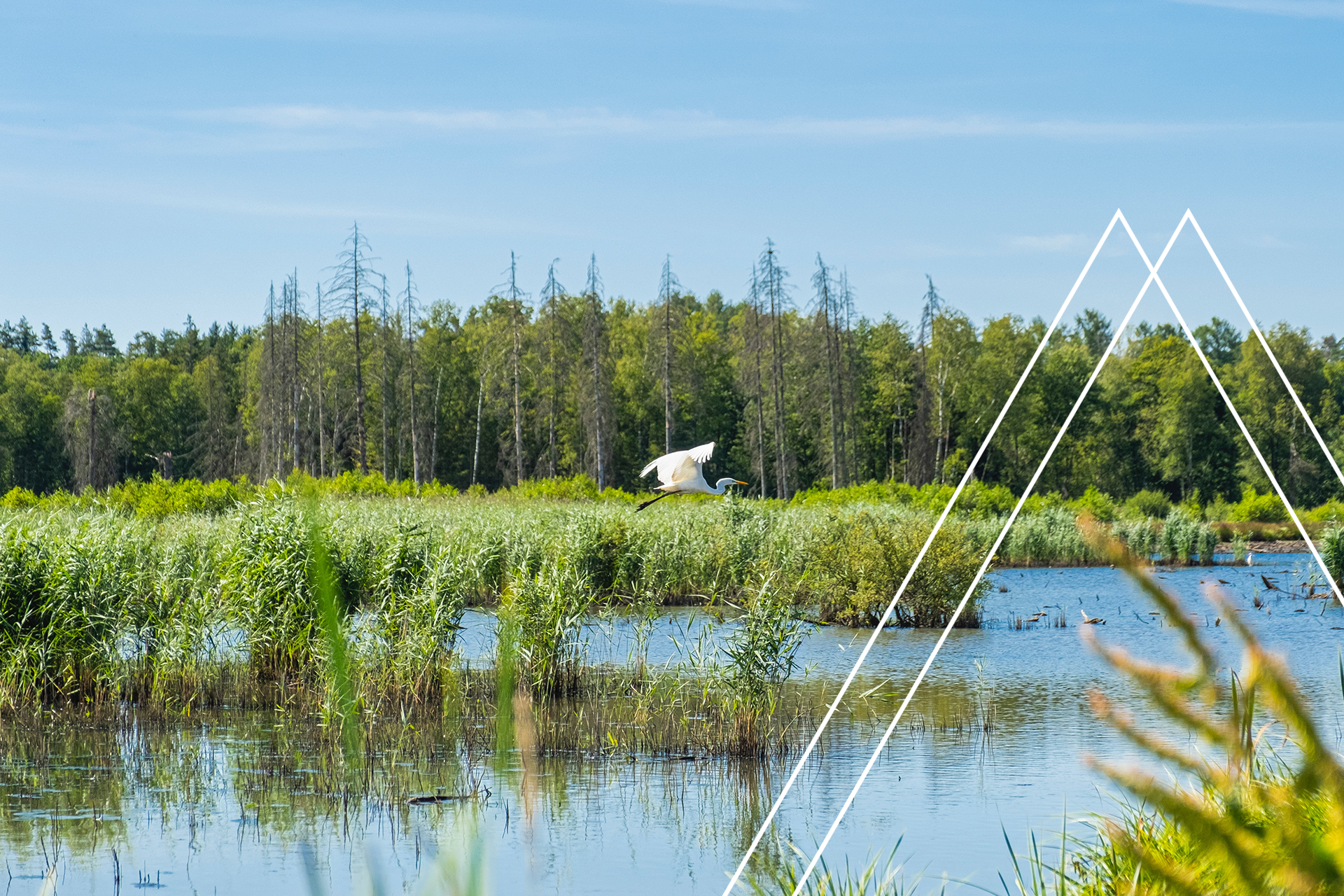
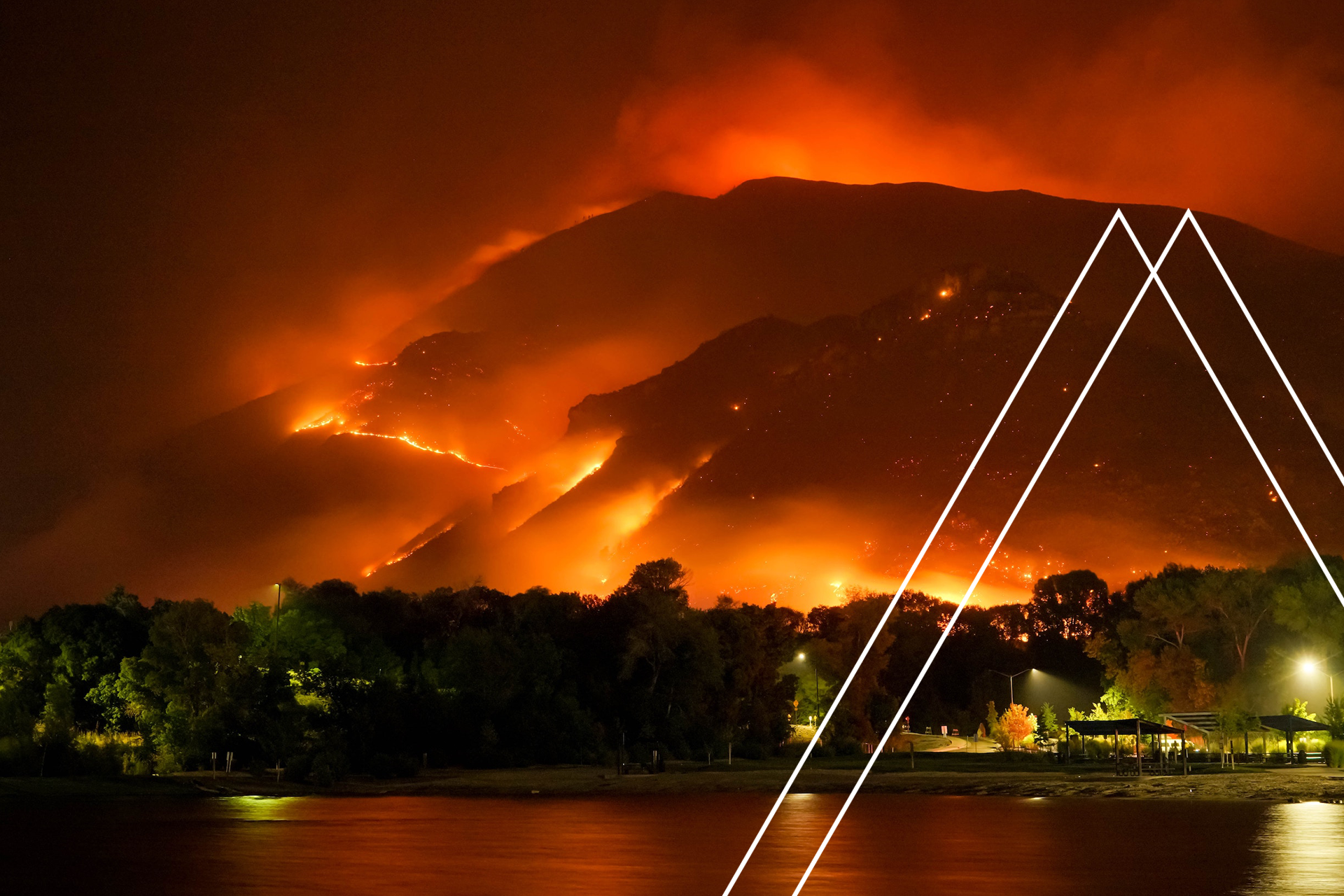
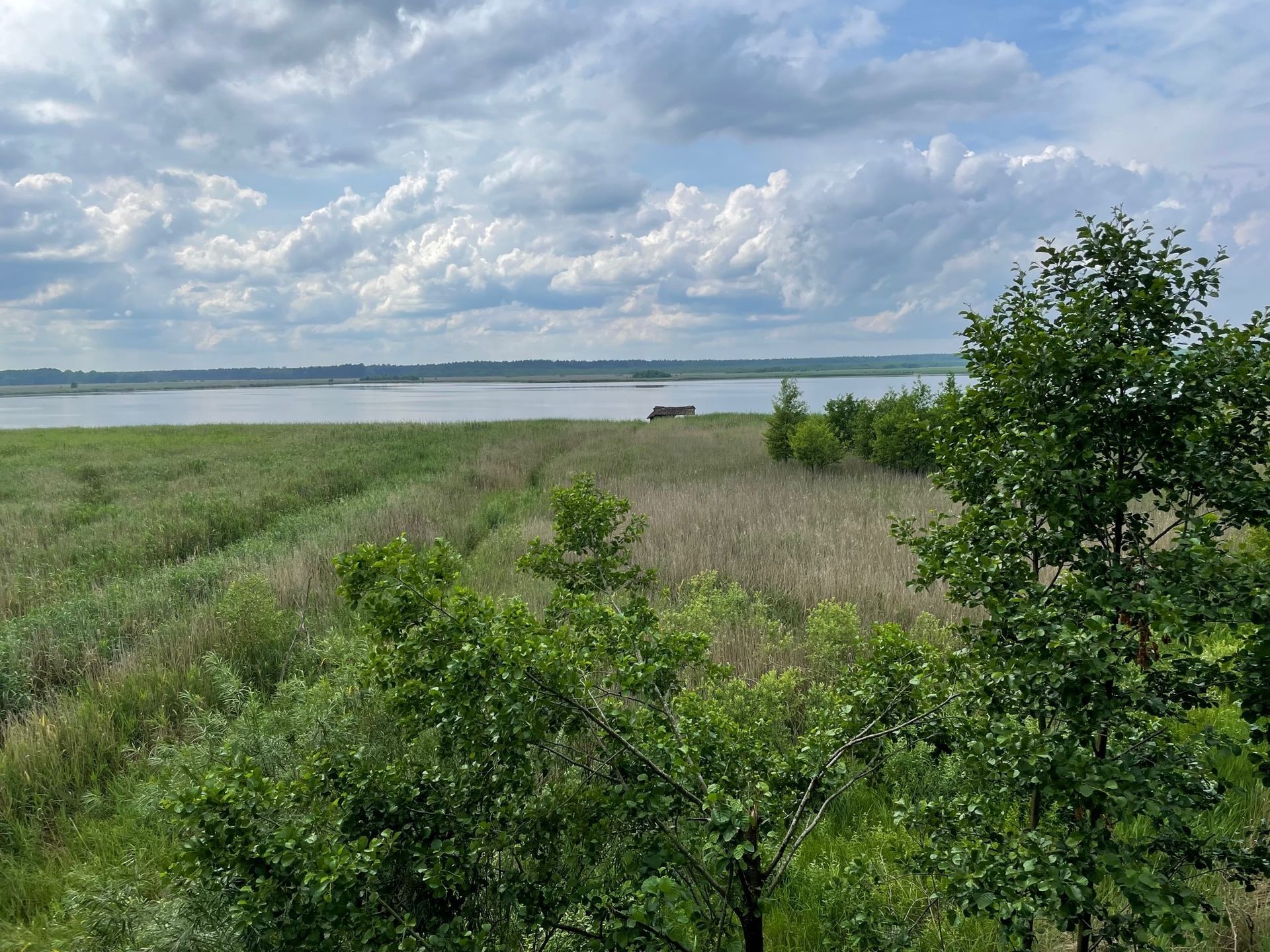
Head Office, Berlin,
Neue Grünstraße 17 | 18 Hof 1 | TRH 3
10179 Berlin
© ES EnviroSustain GmbH 2021



